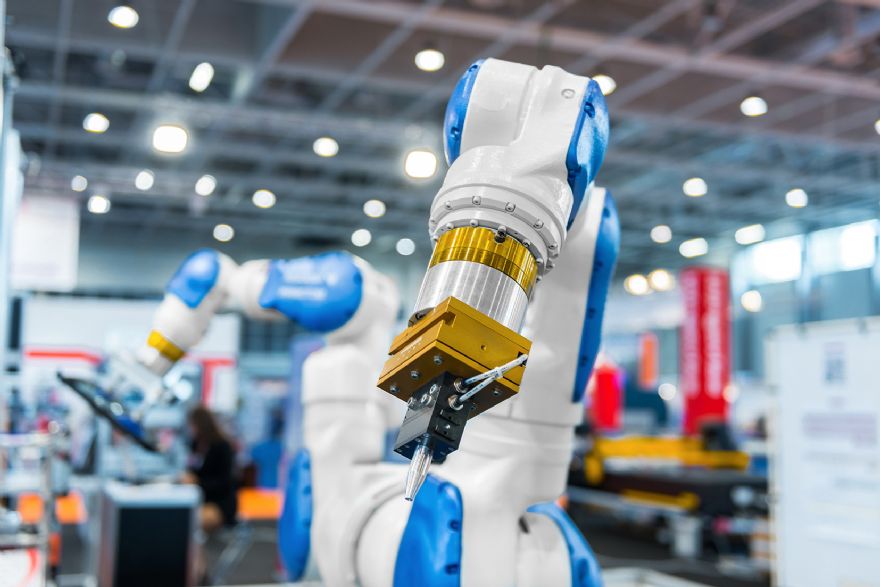 QNX
QNX, the embedded software division of
BlackBerry Ltd has released new research revealing UK industry perspectives towards the adoption of — and trust in — robotics technologies. The UK Government has emphasised the importance of new technologies within its newly unveiled industrial strategy, aiming to boost economic productivity and growth. Despite policymaker ambitions, UK businesses appear uncertain about how and when to take advantage of the opportunities robotics and automation can offer.
In fact, the survey of 150 UK executives across industrial sectors — including healthcare, manufacturing, automotive, and heavy machinery — revealed that almost two-thirds (64%) of UK organisations want to introduce robotics, citing advancements in technology (94%) and cost reduction (90%) as the biggest incentives for wanting to do so. Other reasons included potential safety improvements (84%) and the opportunity to gain data-driven insights (76%).
Despite these ambitions, just 12% of respondents who are not currently using robotics have set plans to do so over the next 12 months, and more than a quarter (29%) said their timeline is not yet determined. High initial costs (50%), maintenance and downtime (35%) and lack of a skilled workforce (34%) were listed as the biggest challenges impacting the implementation of robotics.
Uncertainty appears to exist around the legislative frameworks that are in place for the implementation and ongoing use of robotics. When asked whether current AI and robotics policies and regulations are suitable for their industry, almost a third (31%) of UK respondents said they are inadequate. Of those who believe they are not adequate, almost two-thirds (64%) say this is due to a lack of clear guidelines around the ethical use of robotics technologies. Respondents also listed lack of public awareness (47%) and a lack of comprehensive training and education (45%) as contributing factors.
Robotics deployment strategiesJust 12% say their current policies and regulation are very adequate, underlining the need for more robust and accessible regulation frameworks to enable UK businesses to accelerate their robotics deployment strategies. 72% of UK industrial decision makers said they would be comfortable working alongside a robot, compared to a European average of 67% and a global average of 70%. UK organisations had the second highest level of trust (81%) in the use of robotics to carry out essential enterprise functions, compared to those surveyed in North America (74%), Germany (77%) and France (76%) — with China (92%) the most trusting globally.
Encouragingly, the majority (89%) of industrial organisations are confident they have the necessary safety measures in place to prevent accidents involving robotic systems. Yet, almost a third (29%) said that someone in their organisation has previously experienced a robotics-related safety risk or dangerous situation. Furthermore, industrial decision-makers in the UK were wary about potential security risks associated with the use of robotics, with 63% either ‘somewhat’ concerned (54%) or ‘very’ concerned (9%)
João Pereira, QNX’s director of EMEA general embedded markets, said: “From surgical instruments to self-driving forklifts, industry is embracing robotics in the workplace, but the data here makes clear that uncertainty and safety concerns still exists. By implementing more robust legislation and through improved education on the safety and efficiency features that robotics technology enables, we can build the trust and confidence while equipping UK organisations to deploy these technologies with the necessary foundational software to make them performant, safe, secure and reliable.”
QNX provides high-performance operating systems, hypervisors, middleware, solutions, and development tools. QNX enables organisations to unlock new possibilities in areas like high-performance computing at the edge, standards-based virtualisation technologies, and cloud enablement. Trusted in some of the world’s most critical systems, QNX continues to lead across a range of sectors, including healthcare, where its technology is deployed by nine of the top 10 medical device manufacturers.